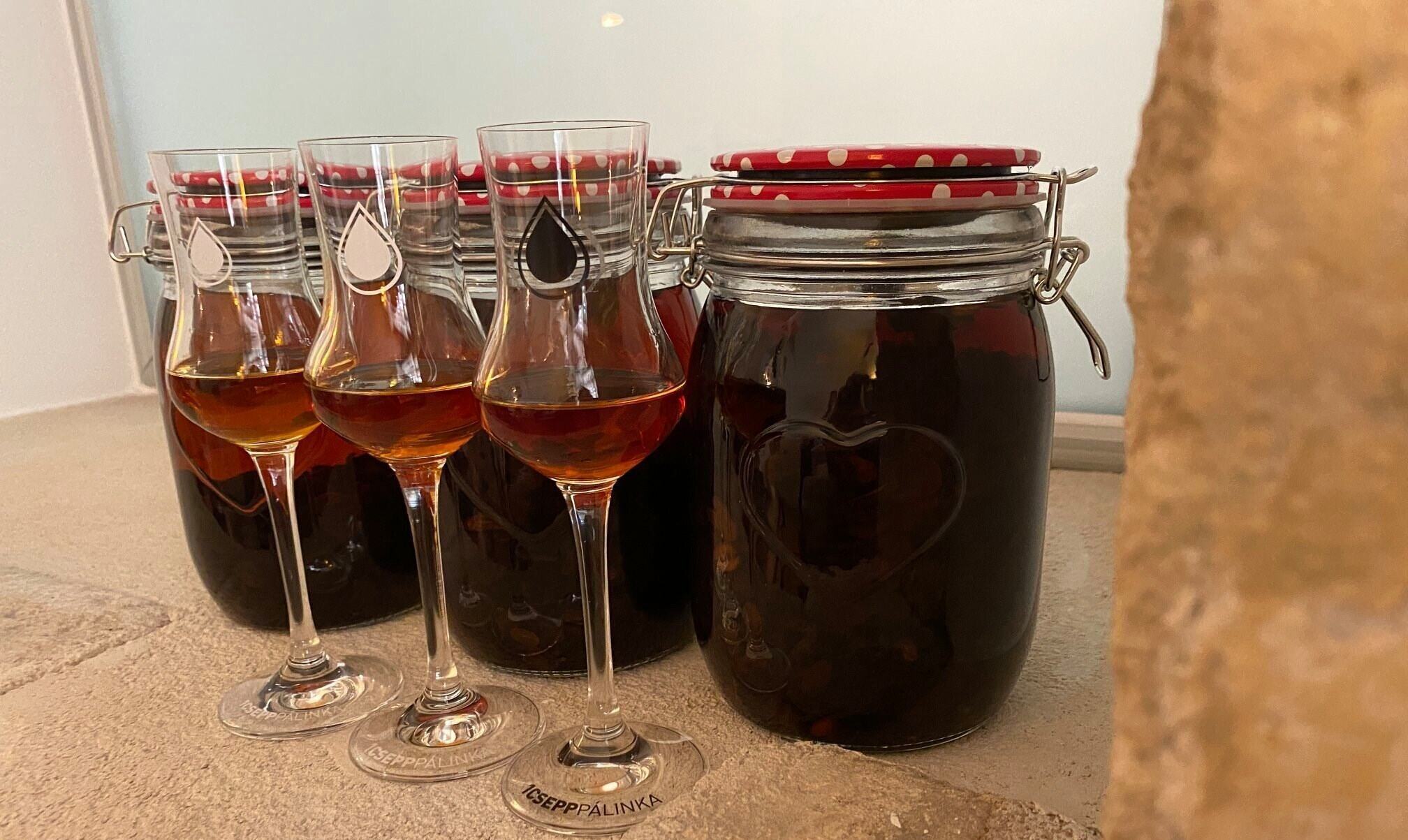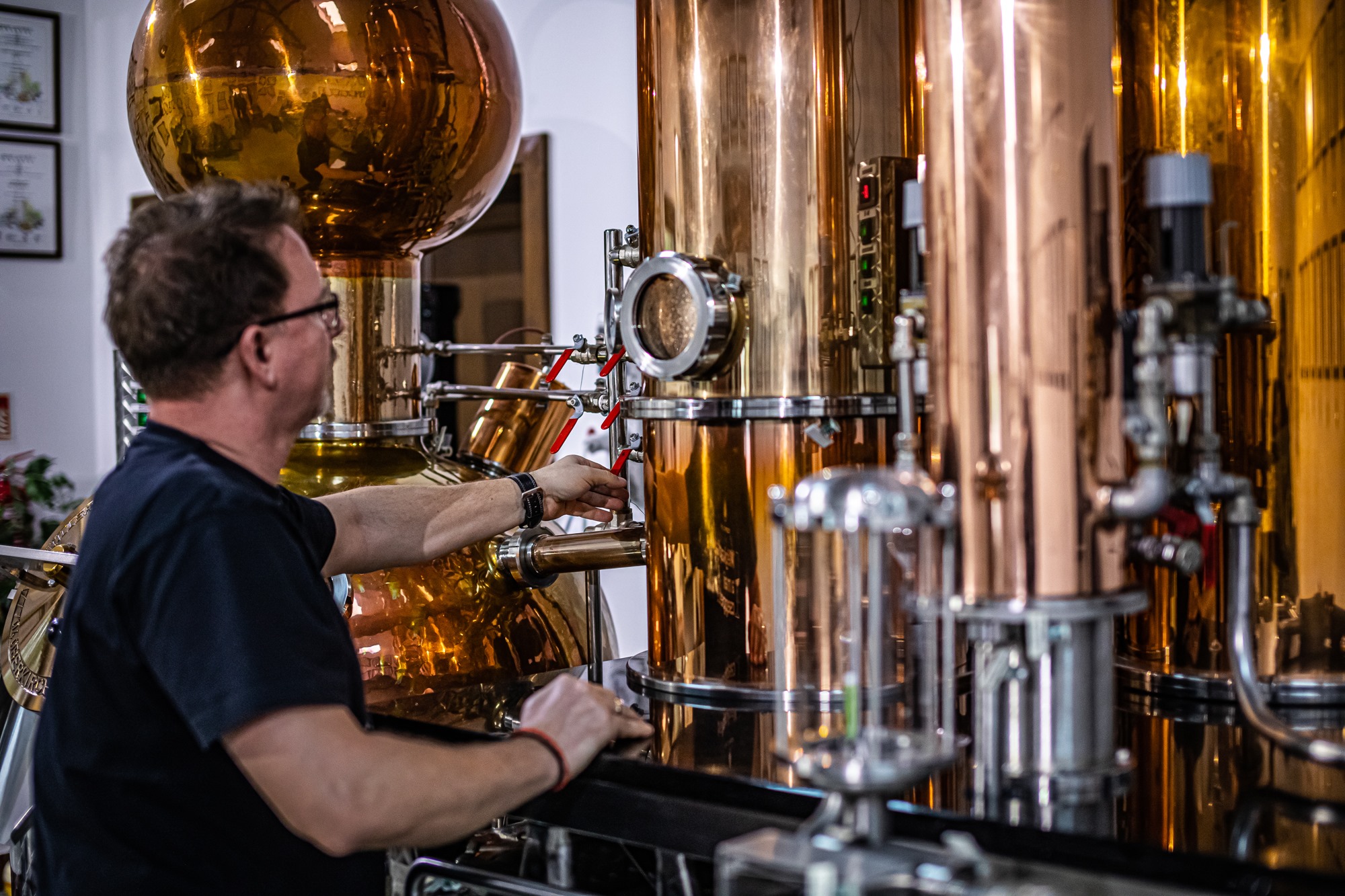In Hungary, you can acquire a pálinka distiller university degree

Pálinka will celebrate its 700th birthday next year, and pálinka making is currently in its heyday. The Szent Istán University’s Faculty of Food Sciences was the first university in Hungary to launch the pálinkamester specialist engineering and consultant academic program. This unique academic program is the balance of theory and practice when it comes to pálinka making.
According to Infostart, in the pálinkamester postgraduate course, students can master the science of pálinka making in just four semesters, but in addition to technological knowledge, they can also expand their marketing and commercial knowledge. This will help them establish their future business, Szilárd Kun, PhD, associate professor at the Faculty of Food Sciences at Szent István University, emphasised.
“Having the opportunity to make pálinka at home gets people closer to it, dealing with food becomes more personal, and the appreciation for pálinka, so to speak, increases.
Many students in the program already make pálinka at home, but they consider the information they learned by themselves not quite enough.”
If you would like to know more about one of the most famous Hungarikums of all time, you do not need to join the academic program, we have the right article for you HERE.

Szilárd Kun, PhD, wishes that private, commission, and commercial pálinka making would be better separated. What is clear, however, is that the unique regulation has opened new perspectives.
“There are always people who say that keeping to Hungarian traditions, they want to make apricot, plum, or pear pálinka, but there are always those who are looking for something new. Of course, this is what shapes the market; I should mention hawthorn, cornel (Cornelian cherry), or distillates made from rosehip. There are some special fruit pálinkas that are quite divisive.”
According to the associate professor of Szent István University, the prices of such special pálinkas can really differ in the market, but this is often influenced by the properties of the raw materials, their scarcity, or the yield of that particular fruit.

“Wild fruits have a higher dry matter content and so they are more difficult to make pálinka from. One unit of wild fruit will make much less pálinka than the same amount of apricot, plum, or gypsy sour cherry. This is one factor that can raise prices, but it is also affected by how much of that fruit is available or how easily it can be obtained. No one wants to collect rosehips anymore.”
Szilárd Kun, PhD, mentioned that regarding quality, private pálinka making has had some negative effects on overall quality, but if someone puts their heart and soul into it, they will care about quality.
However, private makers of pálinka might try fruits that a commercial distillery cannot afford for economic reasons, further widening the flavour palette of pálinka.
Source: Infostart.hu







